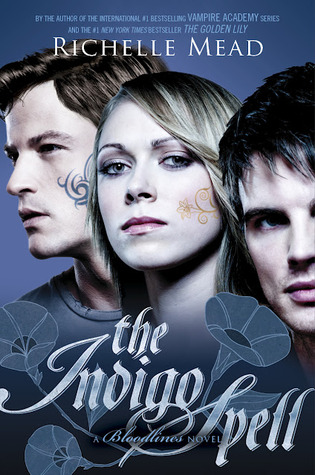This has probably been thought of and talked about way too much, and the analogy is definitely worn out, but it still remains: can writing and the writing process be beautiful like unkempt nature?
If a writer, probably an avid reader, with natural talent but no teaching on the subject decided to write, obviously their writing might differ from the strict and confined writing methods of published and academic writing. Does this make it any more right or wrong?
Can the wild roses of writing still smell as sweet as the perfectly arranged ones on the publishers table? Putting aside the thousands of pieces with bad grammar, flat characters, and horrible plot, among other problems, let's talk about writing that has nothing wrong with it save a deviation from the norm. In the creative writing educational field, it has been my experience that any kind of creative expression that remotely pushes away from tradition is looked down upon and not taken seriously. There is always an overall push for stories to look exactly the same, the same style and put together, the same "genre" *cough* literary fiction *cough*. Anything that doesn't go into these categories is left on the wayside as juvenile or simply not acceptable as pieces to present at college level or beyond. From the very get go one of the first things a writer learns is that if one wants to publish, one conforms to the expectations of the publisher, or one does not get published.
There are of course those few that make the great break from the rut of today's writing and get something completely new and refreshing out there, but their acceptance into the literary world is few and far between. As most writers are taught, there are countless rules for writing, but you can do anything and write any way you want, as long as you do it well.
But who decides what is and is not done well other than the self same publishers that demand conformity from the masses of writers who send in their work?
Now I do know that there has to be some way to comb through the slush pile, and editors have to deal with a lot when it comes to the buckets of writing they need to go through to find what works for their magazine or paper or yearly book publication. Sometimes abiding by the "rules" for sending a piece of work in helps you get published simply because it makes it easier on the editor when they come to the five hundredth poem they have been through that day.
Self-publishing on the internet, through ebooks, blogging, and other venues has provided a much needed medium for the writing that would otherwise be disregarded and snubbed in the writing industry. But sometimes I look back on another repeated piece of advice my professors never failed to bring up: to write well you must look to the classics, or even just your favorites, the people who did it well. I think that this is advice of insurmountable importance. However, if writers look back, those who did it right very rarely seemed to listen to what publishers and the media of their day wanted. Try explaining the delicacies of comma splices and the convoluted sentence to Faulkner, or the nuances of fluency and linear thought process of story telling to Virginia Woolf and other post-modernist or feminist writers. Try explaining copy-write laws to Shakespeare. If writers look back on the greats, we often are confronted with a slew of people who broke all the rules and didn't give a fig if anyone cared. They wrote because it felt right and they needed to, because they had a story to tell, something to say. They also conveniently did it right, or at least someone of their time or after deemed that they did.
I am in no way bashing the publishing industry or the published writing that fills our bookstores today. The industry of writing serves it's purpose, and there is still many an amazing piece of work that make it through the tough system to the other side. I am however questioning the right of literary critics, teachers, college professors, and even the average literary elitists, who somehow think that nothing is good if it isn't published. And I especially look down on those who even go so far as to condemn published genre fiction. Yes literary fiction is good fiction, no it is not the only good fiction out there. Just because a book is labeled for young adult, or a children's book, or dare I say it fantasy, science fiction, or romance, does not mean it is unworthy trashy fiction for the masses. Yes, some of it can fall into that category, but that certainly does not mean that all of it does. As far as I am concerned, people who act like this are reading snobs, using literature as just another way to feel superior of others. All I have to say to them is that the door is that way, and they can take their negativity with them.
I guess in conclusion to this random thought quest I have to say that I have read so much great literature, published and unpublished, genre and literary, classic and modern, fanfiction or otherwise. If someone has a story to tell, they shouldn't let anyone get in the way of telling it. Not the publishing companies, not the readership, and especially not themselves.
- Alissa Tsaparikos
